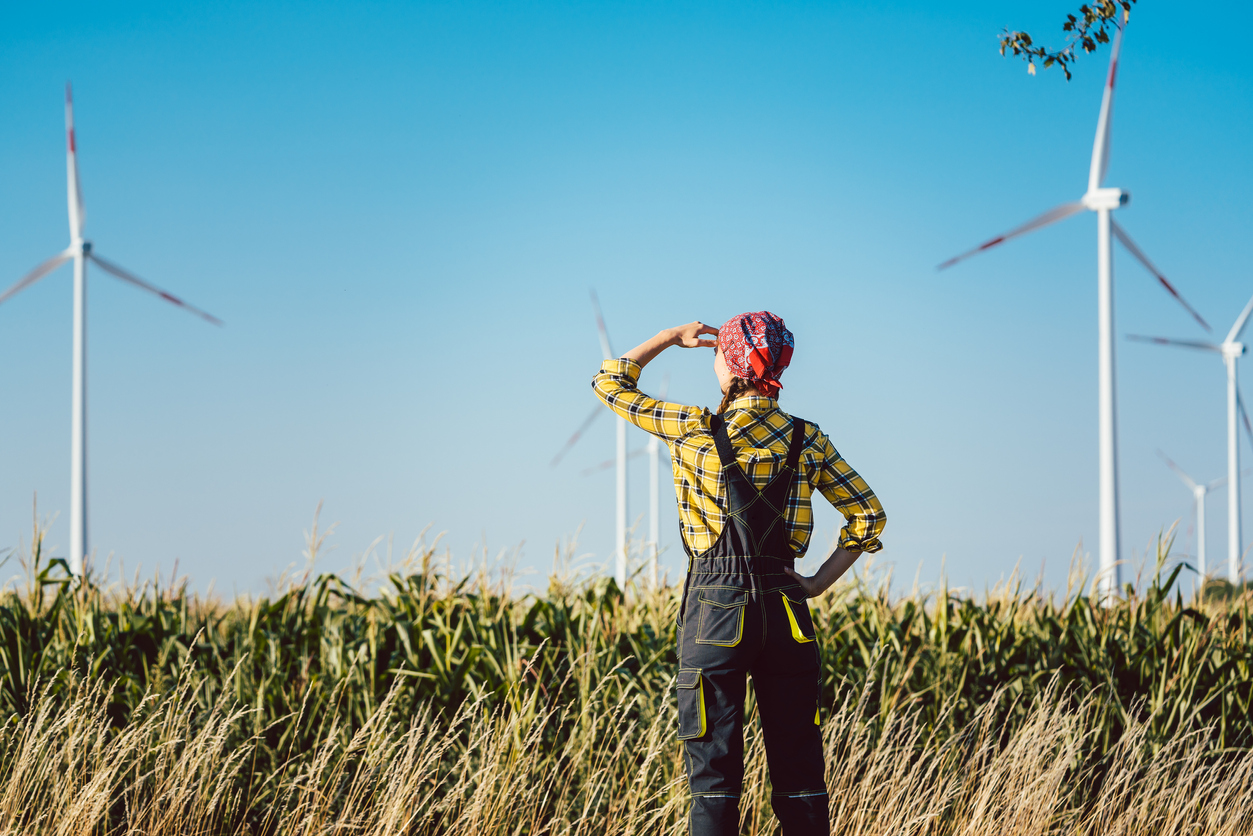COVID-19 has highlighted the resource sector’s vulnerabilities


The natural resource sector, particularly oil and gas, is cyclical and companies are generally prepared to counteract major drops in demand.
However, the recent crisis is a shock like nothing we’ve seen before and there is a lot we can learn. There will be some price and demand recovery as society begins to re-open and production cuts have an impact, but it will take a long time to get back to pre-crisis levels.
Interestingly, the mining sector doesn’t have quite the same supply pressures as oil and gas, which has helped isolate major mining companies from deteriorating cash flows. For example, iron prices remain robust and gold companies may have directly benefited from these unprecedented economic conditions.
For mining, the overall commercial impact of COVID-19 has been more limited, but there might still be human impacts resulting from subsequent spikes that could materially affect production across difference asset classes. We are certainly not out of the woods yet.
Now is the time to think about how we use fossil fuels and mining products. There is an acceptance that the resource industry improves people’s lives and enables the economic growth of countries, however, this acceptance is neither automatic nor unconditional.
There is a debate about the way we look at life going forward, and how best to combine growth with sustainability. The idea of promoting sustainable industries remains a key focus for investors, although not necessarily for political leaders.
New economic priorities – and the question of how we build more sustainable economies – are very much front of mind for many companies, investors and citizens. Although these concerns have been put on the back burner in the short term due to the crisis, most of these actors want to do the right thing.
This will drive the agenda forward, even if national governments are mainly focused on short-term public health concerns and longer term economic growth.
With regard to ESG issues, investors are going to continue doing what they do – the awareness and interest in ESG has only increased year on year and is not going away.
Recently, for example, BlackRock released a new ESG scorecard and Norges Bank Investment Management has made some high-profile exclusions. However, I don’t think divestment or exclusion is the best approach – investors should be encouraging effective action and transitions by companies.
For example, on the concept of ‘net zero’ and the overall energy transition, investors should be much more demanding while helping companies to develop their views and plans for getting there. This is better than simply saying ‘we aren’t going to invest in specific industries’ – these industries still provide a lot of revenue to countries and large economic benefits to lots of people.
We must recognise that the combustion of fossil fuel contributes to pollution, which has been highlighted by the decline in emissions during COVID-19, but still acknowledge that we need these industries to keep economies going while developing viable strategies for the transition.
The role of the investor is to help push companies in the right direction. I think we must all recognise that oil, gas and mining are still vital – we still need energy and materials to function. Investors need to hold us to account and not just throw the baby out with the bathwater.

Whenever there is a major crisis, there always appears to be an uptick in financial crime. The natural resource sector’s vulnerability to corruption and other financial crimes is a reflection of its large profits.
Oil and fuel theft are persistent problems – each year an estimated USD 133 billion worth of products are stolen or defrauded from petroleum companies, which in turn results in lost government revenues.
Economic downturns, and any kind of humanitarian crisis, correlate with increases in bribery and corruption. With government stimulus packages, experience has shown that corrupt officials or other individuals can easily misappropriate funds which are then laundered through the financial system. For example, in the case of the Ebola crisis in 2014-16, Hurricane Maria in 2017 or even the Venice floods last year, improper fund flows were notable.
Many countries will seek to put in place construction and infrastructure projects to get their economies going in response to the COVID-19 crisis. This will in turn provide opportunities for the corrupt diversion of funds or equipment.
Added to this is the issue of employee risk. As much as we trust our employees, during times of crisis attention is diverted away from some elements of employee conduct. For example, employees might be experiencing financial difficulties as a result of this crisis and can become more vulnerable to involvement in bribery or other financial crimes.
Remote working, for all its benefits, also increases the importance of information security. Risks include leakage of sensitive information, vulnerability to disruption attacks and demands for ransom payments.
On top of this you have the increased threat of cyberattacks more generally, which are becoming more sophisticated and have targeted many major resource companies. Companies need to ask themselves how good their systems and procedures are to deal with these issues.
This article first appeared on Critical Resource, Critical Resource an advisory firm working with energy and mining companies on sustainability and license-to-operate risks